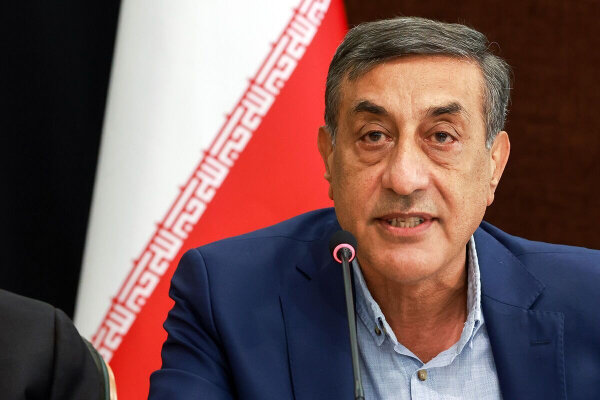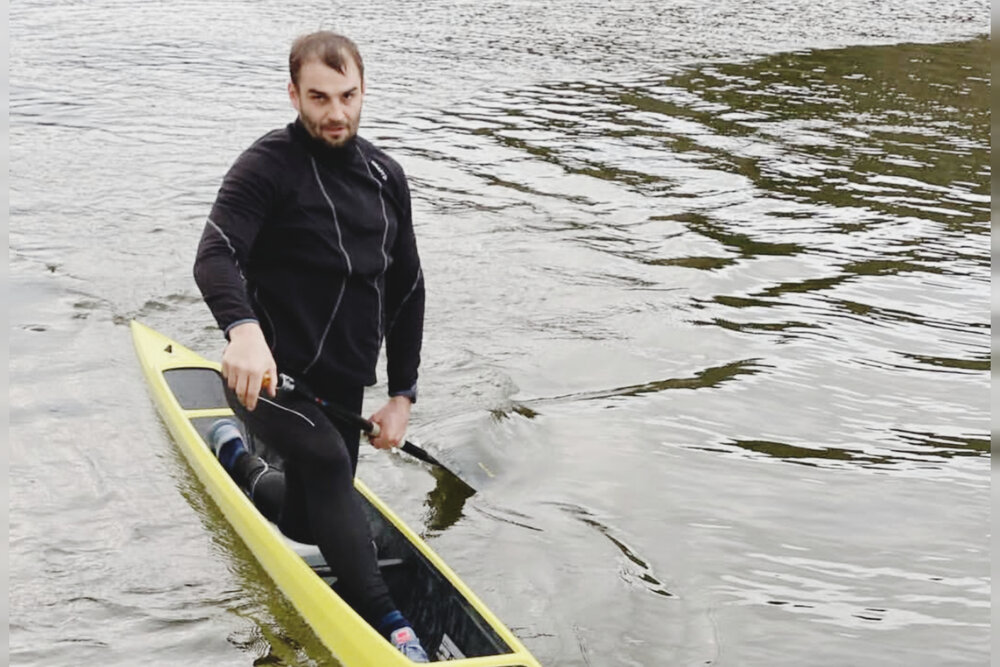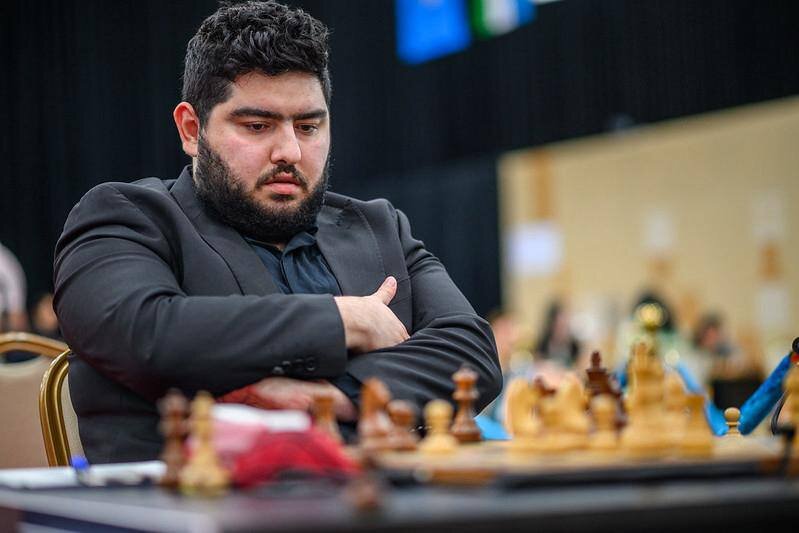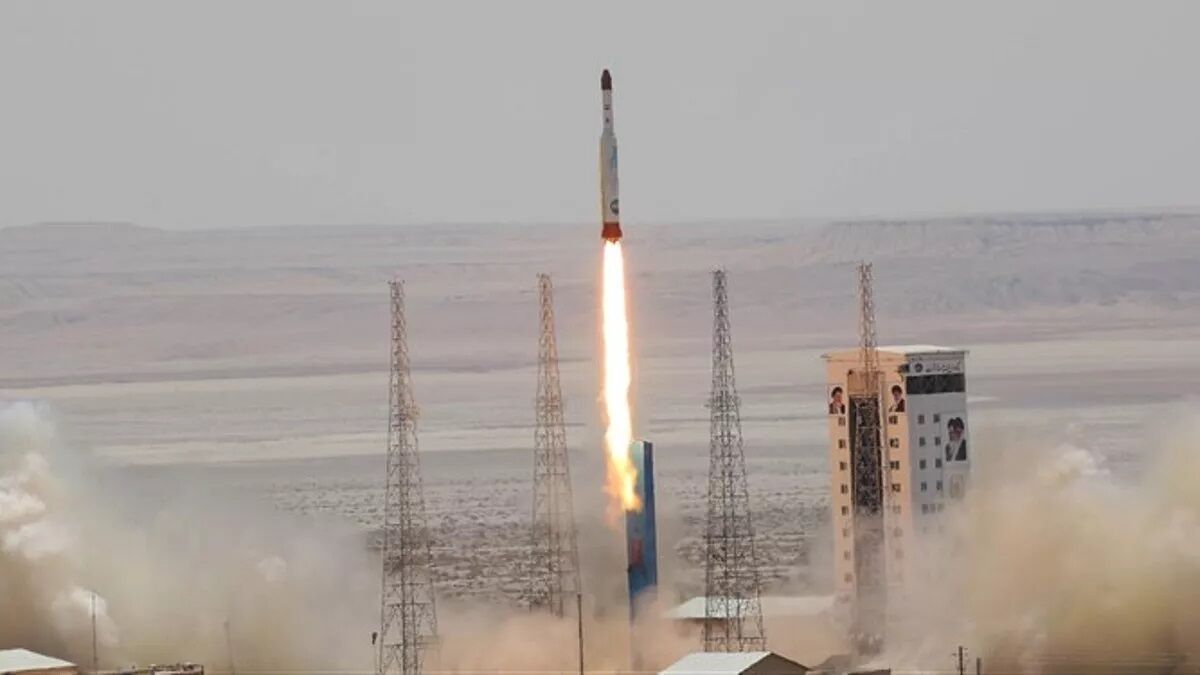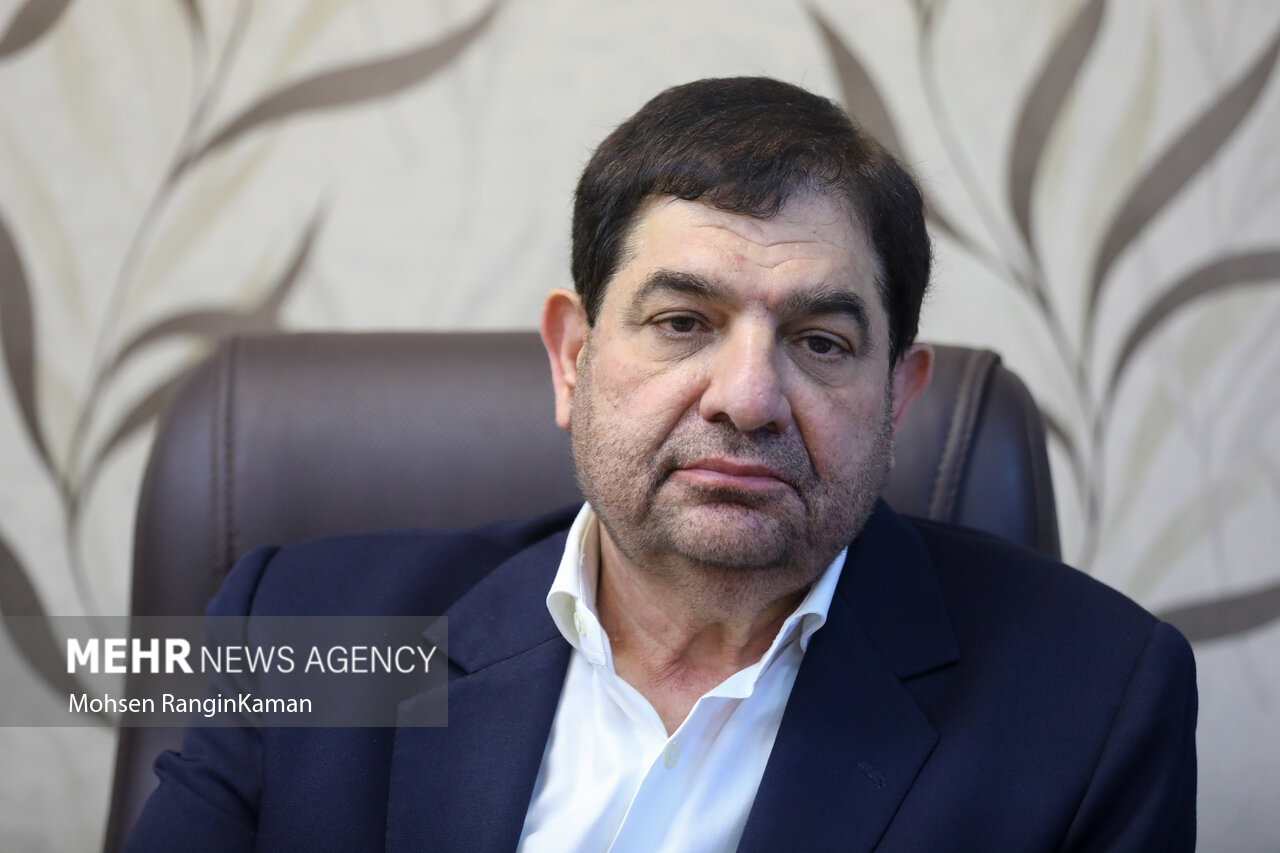The UK's first Turkish-Kurdish MP says Britain can help PKK peace process
The UK's first Turkish-Kurdish MP says Britain can help PKK peace process

A British member of parliament with Turkish and Kurdish origins has welcomed the new peace process between the Kurdistan Workers' Party (PKK) and Ankara, calling it a “potentially transformative” move that the UK can help support.
Feryal Clark, a Labour MP whose family fled political persecution of the Kurds in Turkey in the late 1980s, told Middle East Eye that the PKK’s decision to disband after a 40-year-long war is a positive move in the right direction.
“I think it was a good step for them to take to build confidence and to give the Turkish state the confidence to actually start the process,” she said.
The PKK has been designated a terrorist group by Turkey, the EU and the UK for decades.
In May, the group announced it was dissolving itself following a call from its imprisoned leader, Abdullah Ocalan, who said Kurds should strive for their rights within nation-states as part of democratic societies.
Since then, the Turkish government has been contemplating legal measures to allow the return of some former fighters as Ankara seeks to verify the group’s disarmament.
Clark, a dual Turkish citizen, said the change of attitudes in Turkey towards Kurds has been positively surprising since the 1980s, when her mother and father would turn off Kurdish music to avoid police action, and people could not even speak their mother tongue for fear of the government.
She recalled that teachers would go missing from schools and men in Kurdish families would disappear for days over simple acts like distributing a political pamphlet.
This pressure pushed entire villages to emigrate to Istanbul and Europe, including her own family, who left for London.
But those days are gone, she noted, despite Turkey not being perfect.
“Walking through Diyarbakir with Kurdish music blasting out from everywhere was incredibly, incredibly heartwarming,” she said, recounting her visits to Turkey.
“It was very different from the time when people were hiding Kurdish cassettes.”
She noted that the Turkish state broadcaster now has a Kurdish-language TV channel and, more importantly, that the government in recent years has acknowledged the existence of a “Kurdish question”.
“When I was growing up, watching TV in the late 80s and early 90s, there wasn’t even an acknowledgement of the issue,” she said.
“My only disappointment is that the peace processes and the attempts that have been made over the years have never come to full fruition.”
From 9 July 2024 to 7 September 2025, Clark was a parliamentary under-secretary of state at the Department for Science, Innovation and Technology, a role that she said prevented her from speaking out on the issue.
“I will be pushing for the UK to be supportive, to at least voice its support for the peace process, because I think it’s incredibly important for the country, for Kurds, and for Turks,” she said.
She also believes the UK could play a constructive role by sharing lessons from the Northern Ireland peace process to help build trust between the Turkish government and Kurdish representatives.
From Malatya to Hackney
A former NHS pathologist, Clark grew up in London’s Hackney.
Over the years, she joined political protests and civic actions with her mother and family, which eventually led her to work for the local council.
She served as a councillor and then a deputy mayor, becoming part of a Labour-led local administration that improved conditions in Hackney, which has now become one of the city’s trendiest neighbourhoods.
Clark initially didn’t speak Turkish when she moved to London when she was eight, but quickly picked it up from her family’s Turkish neighbours.
She said her family has always been involved in left-leaning politics, recalling that her uncle once sent her a book to help her learn the language: “a Turkish book titled The Communist Manifesto for Kids,” she said, laughing.
She became active in politics through student movements and anti-racism campaigns in the UK, including efforts to improve the welfare of Turkish and Kurdish immigrants.
According to Clark, she is the first MP of Turkish origins to be elected.
“I said this in a meeting once and Boris Johnson’s father was in the meeting and he got so angry and he was like, ‘No, my son was the first Turkish MP to be elected’. I was like, ‘Oh, well, kind of, that's kind of questionable,’” she said.
“I’ve always seen myself as a Turkish Kurd because I grew up with both Turkish and Kurdish culture. I have two identities: I am Turkish, and I am Kurdish,” she added.
“That identity is incredibly strong for Kurds in Turkey.”
Clark’s family is from Kurecik in Malatya province, the site of an important Nato radar base that helps protect Europe from missile attacks.
She said Turkey is a crucial ally and that peace with Kurdish armed groups would benefit the entire region, including Iraq and Syria, ushering in potential for large investments and job creation.
“It is a flourishing country. It has the potential to do even better, even bigger things,” she said.
Clark said Turkey’s association with the PKK conflict has always been an issue for the country when it comes to investment.
“I used to be on pensions committees and go into meetings about pension investments, and investors would talk about Turkey and Brazil as great opportunities that are politically unstable. They would always bring the conflict up,” she said.
“I want to live in a world where Turkey isn’t associated with a major conflict.”







